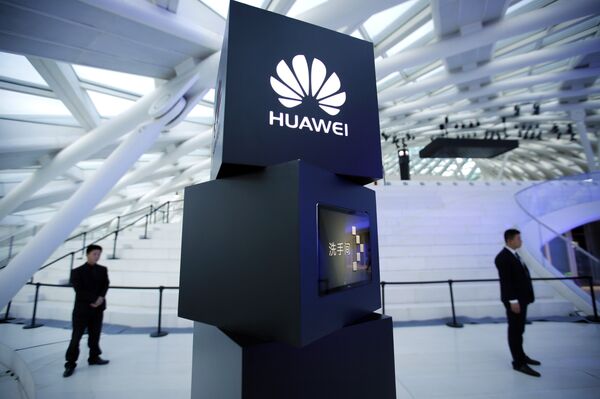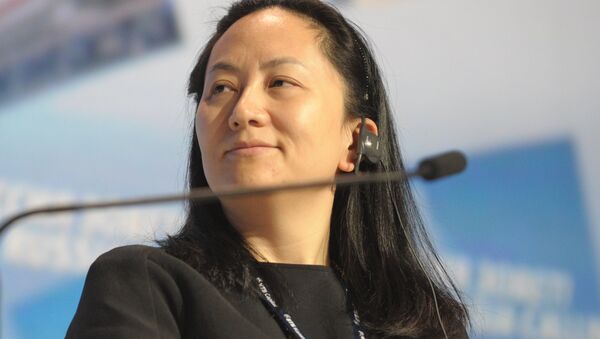A court in Canada has ruled that the US extradition case against senior Chinese Huawei executive Meng Wanzhou can go ahead.
British Columbia Supreme Court Justice Heather Holmes ruled that the allegations against Meng in the US would also be a crime in Canada, which means that the extradition case against her can continue.
However, the judge has not ruled on whether Meng committed fraud.
The Canadian Federal Justice Minister can still refuse to extradite Meng, the judge added.

The Case of Huawei CFO Meng Wanzhou
The 48-year-old daughter of Huawei's founder was arrested at Vancouver's airport in late 2018. The US wants her extradited to face fraud charges. According to Washington, Huawei used a Hong Kong shell company to sell equipment to Iran in violation of US sanctions. The US says Meng committed fraud by misleading the HSBC bank about the company's business dealings in Iran.
The Chinese embassy in Canada said Meng's arrest amounted to a "political conspiracy" to undermine Huawei. Beijing described the arrest of the company's chief executive as political victimisation.
During a hearing in January, Meng's lawyers argued that the case was not a fraud case but is really about US sanctions against Iran. They insisted that since Canada does not have similar sanctions against Iran, no fraud had taken place under its laws.
British Columbia Supreme Court Justice Heather Holmes said that Canada did not have economic sanctions against Iran at the time but noted the sanctions used by the US "were not fundamentally contrary to Canadian values."
According to AFP, Meng's legal team is scheduled to be back in court next month to argue that Canada Border Services, the Royal Canadian Mounted Police and the FBI violated the executive's rights by collecting evidence before she was actually arrested.


